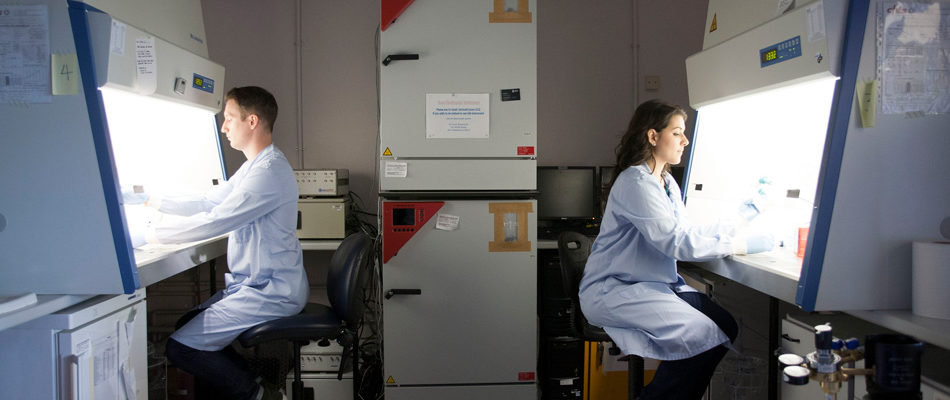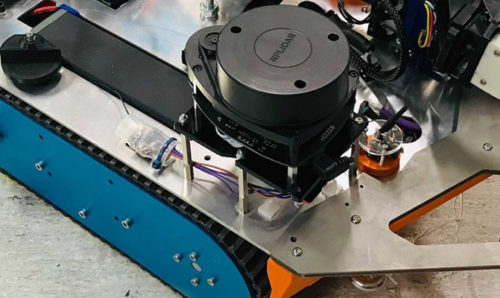Nuclear, catalysis and biomedical materials – introducing our new CDTs
Research impact and institutes 7th February 2019
This week, the Engineering and Physical Sciences Research Council (EPSRC) – part of UK Research and Innovation – announced its allocation of £446 million of funding in Centres for Doctoral Training (CDTs) across the UK. We are excited to share that The University of Manchester has won part of this investment for three brand new CDTs.
Below, we reveal more about these new research opportunities.
Growing Skills for Reliable Economic Energy from Nuclear (GREEN)
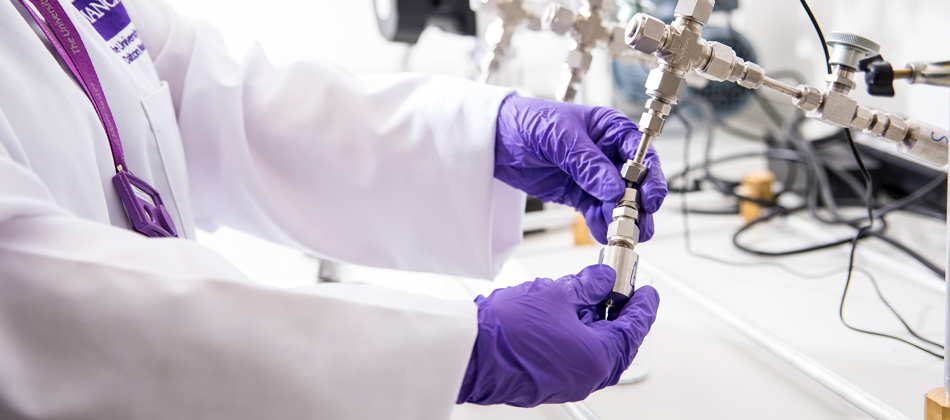
This is the most exciting time in a generation to work in the field of nuclear energy. As the UK continues its drive to meet climate change targets and reduce its reliance on fossil fuels, all eyes are on nuclear.
But in order for the UK to remain a leader in nuclear science and engineering, it needs nuclear Subject Matter Experts (SMEs) to lead the way. This new CDT will provide exactly that.
Successful applicants to GREEN will complete the CDT as fully-fledged nuclear SMEs. The CDT provides both academic- and industry-focused research partnerships and offers the chance to develop a profound theoretical and practical understanding of nuclear fission and fusion for energy.
GREEN is a consortium of five universities – Manchester, Lancaster, Leeds, Liverpool and Sheffield. Thanks to support from businesses operating across the nuclear sector, researchers will have the chance to work on real-life challenges at an industry scale. Nine out of ten graduates from the consortium’s previous CDTs have gone on to work in a technical role – and two-thirds have taken up posts in the nuclear sector.
To find out more about the GREEN CDT and for details on how to apply, please see the GREEN CDT website.
Advanced Biomedical Materials
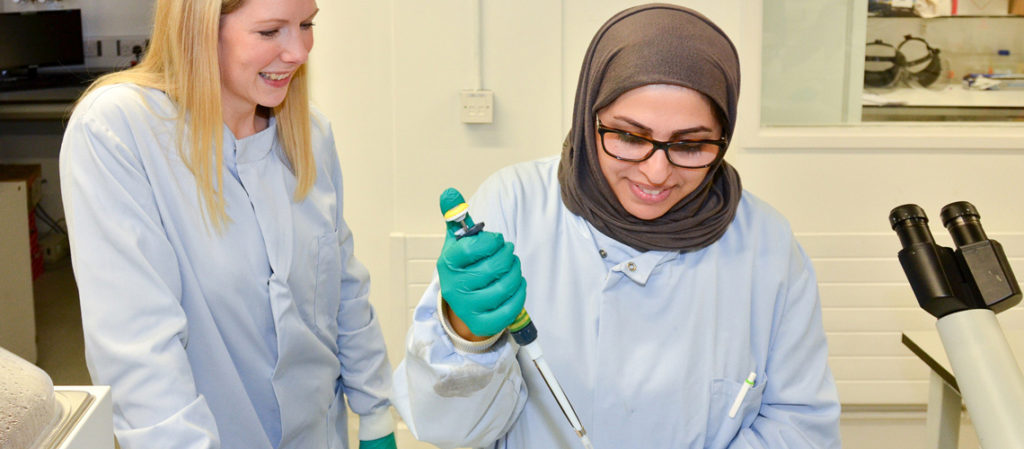
The population of the UK is growing and, thanks to advancements in healthcare, people are living longer than ever. However, this means there is greater demand for healthcare interventions that are both efficient and cost-effective.
There have been huge advancements made in the field of biomedical materials over the last half a century – and this CDT gives you the chance to help mould the future of this area of research.
A partnership between The University of Manchester and University of Sheffield, this CDT is specifically designed to meet the country’s need for skilled and knowledgeable experts in biomedical materials. You’ll learn within a research-training environment unique to this country, with access to £4 million of biomedical material research equipment housed at the Henry Royce Institute in Manchester.
Successful applicants to the course will have the chance to not only forge links within biomedical research and industry, but also develop transferrable skills that will boost your employability. The opportunity to undertake a three-month industrial or academic placement will enhance your CV further still.
To find out more about the Advanced Biomedical Materials CDT and for details on how to apply, please see the Advanced Biomedical Materials CDT website.
Integrated Catalysis (iCAT) CDT
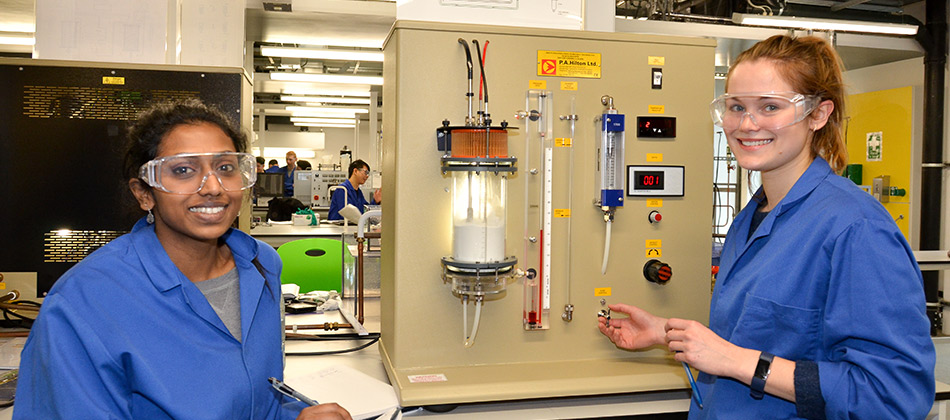
The UK is a global industrial leader in chemicals – but to maintain this position, a new generation of skilled molecule manufacturers is needed. iCAT will deliver these new leaders.
Catalysis is an integral component of industrial chemical research, and any graduate entering this industry will need the skills to work across a broad base of catalysis. You will gain these skills during iCAT – learning from industry experts in process engineering, bio-catalysis and chemo-catalysis.
This is quite unusual, because what makes this CDT unique is that you’ll be trained in both chemo-catalysis and bio-catalysis. Where most courses require a student to specialise in one or the other, this training model integrates both regimes to give you a well-rounded level of expertise.
Successful applicants will learn under the management of an excellent supervisory team, and receive guidance from an International Advisory Group. And of course, you’ll also be taught professional skills and benefit from the CDT’s strong links with industrial partners – preparing you fully for the workplace.
To find out more about the iCAT CDT and for details on how to apply, please see the iCAT CDT website.
Words – Hayley Cox
Images – The University of Manchester
biomedical materialscatalysisCDTCentres for Doctoral TrainingDalton Cumbrian FacilityDalton Nuclear InstituteNuclearnuclear energyPhD

